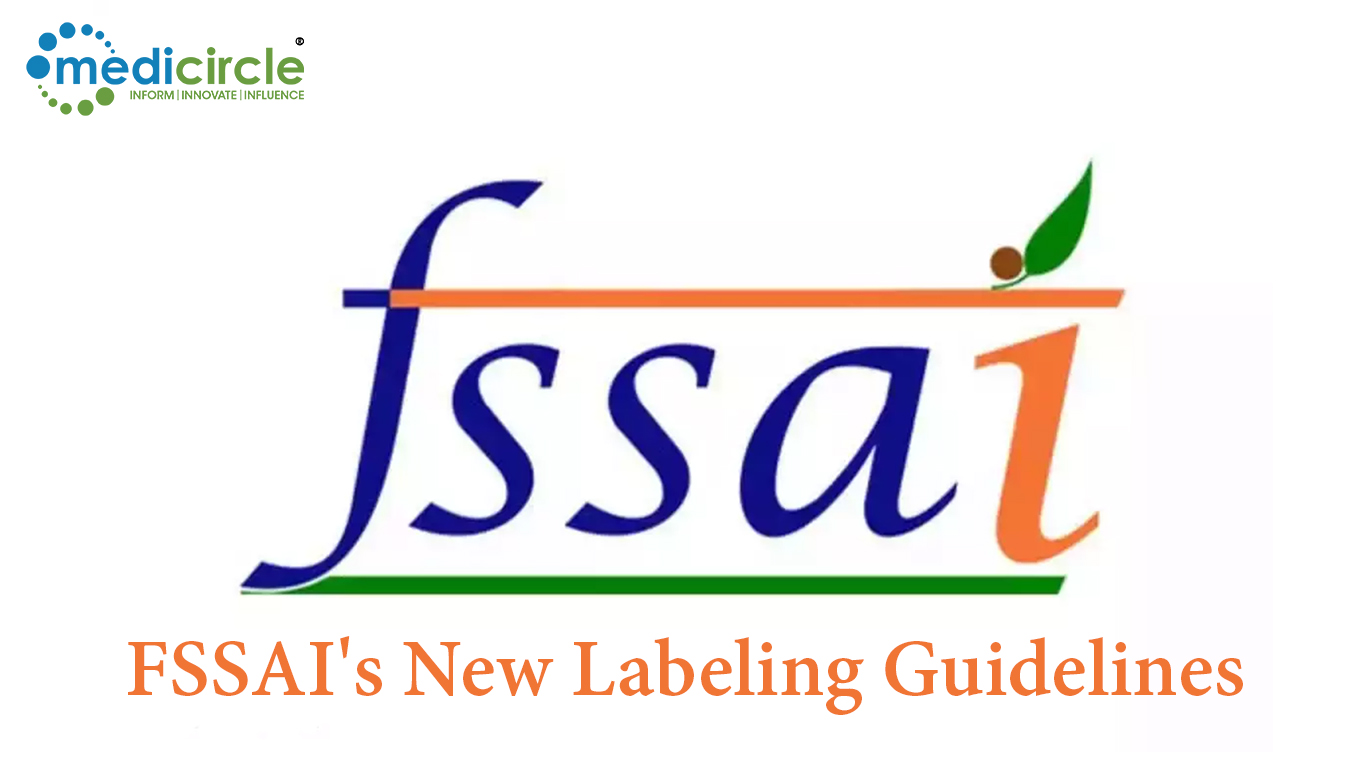In a significant step towards promoting public health, the Food Safety and Standards Authority of India (FSSAI) has approved a proposal to enhance the nutritional labeling on packaged food items. This decision aims to empower consumers to make informed dietary choices by providing clear and bold nutritional information about total sugar, salt, and saturated fat on food labels. Here's a comprehensive look at what this means for consumers and the food industry.
The Ministry of Health and Family Welfare announced that the nutritional information, specifically the amounts of total sugar, salt, and saturated fat, must be displayed prominently on food labels. This information should be in bold letters and a larger font size to ensure it catches the consumer's eye easily. This move is part of an amendment to the Food Safety and Standards (Labelling and Display) Regulations, 2020, approved in the 44th meeting of the Food Authority chaired by Apurva Chandra.
Before these regulations become mandatory, a draft notification will be released to the public. This step invites suggestions and objections, allowing stakeholders and the general public to provide their input. This collaborative approach ensures that the final regulations are comprehensive and effective in achieving their goal of better-informed consumers.
One of the primary motivations behind this amendment is the rising prevalence of Non-Communicable Diseases (NCDs) such as diabetes, hypertension, and heart disease. Clear and prominent nutritional labeling can help consumers make healthier choices, thereby reducing the risk of these diseases. This initiative aligns with global efforts to combat NCDs and improve public health outcomes.
FSSAI has also been proactive in issuing advisories to prevent false and misleading claims by food business operators (FBOs). Some of these advisories include:
- Removal of the term "Health Drink" from e-commerce websites as it is not defined or standardized under relevant regulations.
- Directing FBOs to remove claims of "100% fruit juices" from labels and advertisements of reconstituted fruit juices.
- Clarifying the use of terms like wheat flour/refined wheat flour.
- Regulating the advertisement and marketing of Oral Rehydration Solutions (ORS) to prevent misuse.
- Standardizing nutrient function claims for multi-source edible vegetable oils.
These measures are designed to ensure that consumers are not misled by false claims and can trust the nutritional information provided on food labels.
The meeting to approve these new labeling regulations was attended by senior officials from various ministries, including Health and Family Welfare, Commerce, Consumer Affairs, Food and Public Distribution, Law and Justice, and Micro, Small and Medium Enterprises. Representatives from industry associations, consumer organizations, research institutes, and farmers' organizations were also present. This broad participation highlights the importance and widespread support for these new regulations.
For consumers, these new labeling requirements mean greater transparency and the ability to make healthier dietary choices. By clearly indicating the amounts of sugar, salt, and saturated fat, consumers can better manage their intake of these ingredients, which are often linked to various health issues when consumed in excess.
The food industry will need to adapt to these new requirements by updating their packaging to comply with the new labeling standards. While this may involve some initial costs and changes in processes, it ultimately benefits both consumers and the industry by promoting healthier products and building consumer trust.
The FSSAI's new labeling guidelines represent a significant step towards improving public health and empowering consumers with better information about their food choices. By providing clear and bold nutritional information on packaged foods, the initiative aims to combat the rise of Non-Communicable Diseases (NCDs) and promote a healthier society. As these regulations move forward, the collaborative approach involving public feedback and broad support from various stakeholders will ensure their effective implementation and positive impact on public health.

 By clearly indicating the amounts of sugar, salt, and saturated fat, consumers can better manage their intake of these ingredients, which are often linked to various health issues when consumed in excess.
By clearly indicating the amounts of sugar, salt, and saturated fat, consumers can better manage their intake of these ingredients, which are often linked to various health issues when consumed in excess.










.jpeg)







.jpeg)

.jpg)










